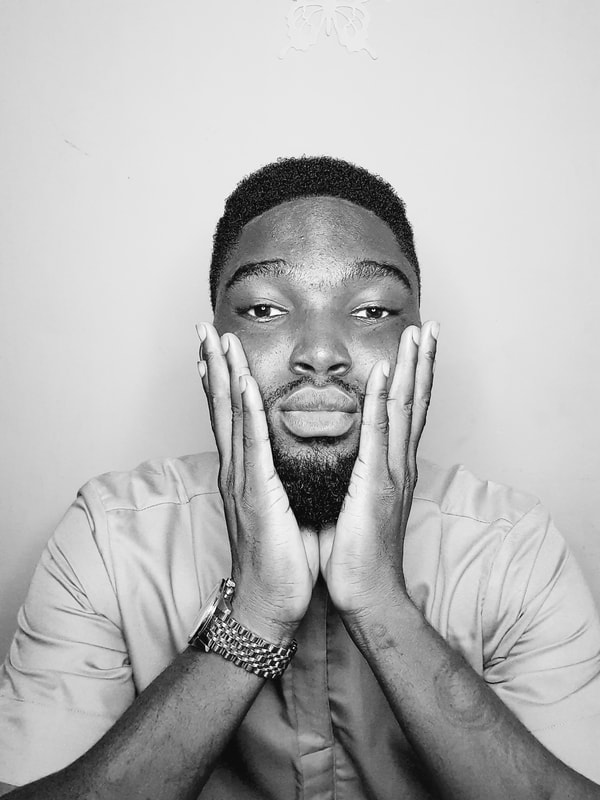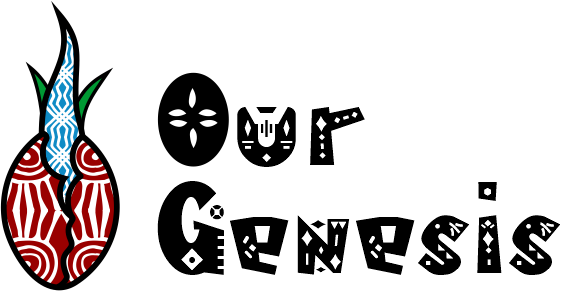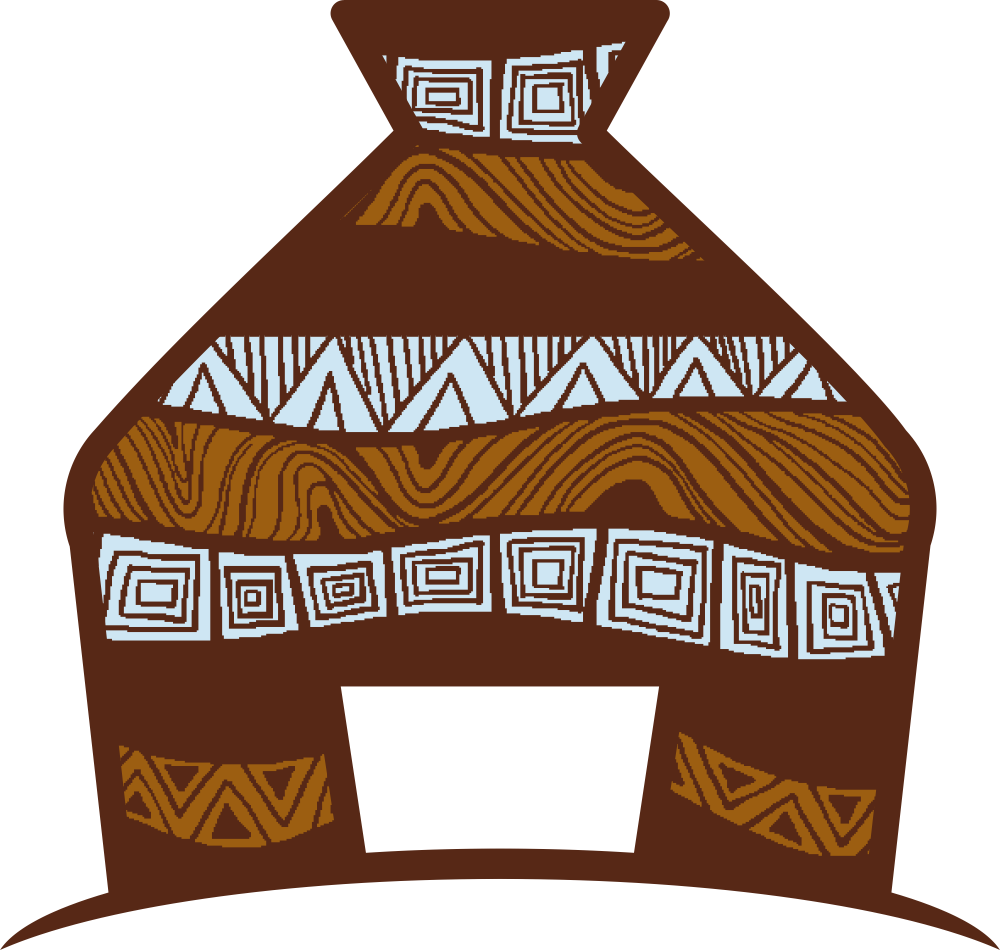Wikipedia defines ‘Storytelling’, as the social and cultural activity of sharing stories, sometimes with improvisation, theatrics, or embellishment, and several institutions claim that storytelling originates from cave dwellers who used pigment to paint on walls with their hands to create stories and myths, thousands of years ago.
As Africans, we have a distorted historical account on the origin of our stories. However, with this conversation, we create a flow around where we come from, how we perceive our stories and how that defines our duty as storytellers.
The conversation takes into context the origin of creative thought and storytelling in Africa and the diaspora, divulging ideas on the propagation of storytelling and the appropriation of our stories.
Featured in this interview is our Special Guest – Pamilerin Jacob & Our Founder – Victoria Olajide.

Victoria:
Storytelling is a journey from ideation to conception, and you have a vast number of publications in your name. What does the journey from start to finish look like for you?
Pamilerin: Lucky enough to be a poet, stories seek me out, not through the avenue of plot, but that of awe (& other emotional pathways). The journey is not often predetermined, & when it is, it is still nebulous enough to elicit a sense of wandering through images, and sentences. I try as best as possible to enjoy the journey, I also do my best to be disciplined. What it looks like for me then is submission to poetry as craft & poetry as wonder.
Victoria: Taking into account, our beginning as African writers, storytellers, and orators. Do you think there is a pattern in the form that our stories are told?
Pamilerin: Well, I’d say we have the ear for spirit, though I do not like the idea of generalisations. A common denominator of contemporary African writing is the exploration of inner life. We’ve got poets, novelists, and essayists tilling the soil of the soul, planting remarkable stories. It’s a thing of joy to be alive in this era witnessing it all!
Victoria: You have written and collaborated with a vast number of storytellers within the continent. You have also created and co-created platforms that engage stories and storytellers. What do you think is the major constraint of every African Storyteller?
Pamilerin: Money answereth all things, says the Preacher in Ecclesiastes. Our major roadblock is money. Adedayo Agarau needs money to run the Nigerian Poetry Prize, I need money to keep Poetry Column-NND & other projects running. I do admire the bravery of Kukogho Iruesiri Samson (KIS), Eriata Oribhabor, & Servio Gbadamosi though. They have been building grassroots for years & I hope to contribute in like manner. More collaborations will help the African writing scene. We need more intra-continental collaborations. Uganda-Ghana, Nigeria-Kenya, etc. Just a whole network of writers interacting & sharing resources. That is how structures can be built, that is how we’ll overcome the money challenge.
Victoria: With reference to the previous pattern and quality with which African stories were told. Do you believe our stories are evolving or crumbling? Share your reasons.
Pamilerin: I believe, instead, that we need to document whatever stories are being told. Imagine if in 10 years everything we’re doing right now fades from memory, & then they (the new writers) have to repeat all we’ve done. That would be such a waste. When we find better ways to document our stories — thank goodness we have the internet now — we can then move on to long-lasting art criticism. This is because if such systems are not in place, all current criticisms will also wither in time.
Victoria: The chore of revealing humanity weighs heavy on us as storytellers. How well do you think we have done?
Pamilerin: We writers are so full of ourselves, hahaha. I believe this task is thrust upon every human. Revealing humanity is not the sole domain of storytellers (writers). Think of gardeners who plant flowers, think of traffic controllers, think of carpenters. These people shape our human experience, thus, inhabiting its pith. As writers, I believe we often declare our importance, rather than just being ourselves. That’s a laughable fate in my opinion. We are necessary, yes, but not indispensable.
Victoria: African writers in the diaspora have a stronger responsibility in appropriating the African story, as compared to those within the continent. Is this true? What are your thoughts on the subject?
Pamilerin: If someone kidnapped my ancestors across the ocean, & enslaved me, I would be so offended if I were being accused of appropriating the African story simply because I want to connect with my roots. Of course, there will be those who will wear Africa as a mask, who will cosplay the identity, still, it’s not as common as being touted. Perhaps, we need to look upon such storytellers — those who want to tell stories about their roots — with more grace.
I believe more responsibility should be thrust on editors who inevitably control the narratives of Africa out there whether written by a writer on the continent or in the diaspora. If the editors are people who love to hear of an Africa stricken by diseases, that’s what they’ll publish, even if someone else writes romance that centers on Abeokuta. It’s the editors who have a greater responsibility. They’re the ones we should chastise.
Victoria: Is it a necessity for African storytellers to merge their art forms with cultural appreciation?
Pamilerin: The opposite would be cultural deprecation, or worse, cultural numbness. For every mention of danfo, pigeons, or okada, I believe the appreciation of the culture is woven into the language of the storytellers.
Victoria: What is the real duty of the African Storyteller?
Pamilerin: Ah, this lovely question. What is the duty of the carpenter? To build. What is the duty of the gardener? To plant, beautify. What is the duty of the traffic controller? To control traffic. What is the real duty of the African Storyteller? To tell stories. All else is rhetoric.
Victoria: A message to every African Storyteller.
Pamilerin: You are necessary. Please do not give up on your craft. You are what you need to be. You are necessary.
Meet Our Special Guest – Pamilerin Jacob.
Pamilerin Jacob is a poet & editor living in Nigeria.
His poems have appeared in Barren Magazine, Agbowó, Palette Poetry, Lit Quarterly, The Rumpus & elsewhere. He is a member of The UnSerious Collective, Founding Editor of EREMITE POETRY, Poetry Sango-Ota; staff at Olumo Review, Wild Pine Poetry, Pepper Coast Lit, & a mentor in the SprinNG Fellowship.
Author of the chapbook, Gospels of Depression & others, he is the Curator of PoetryColumn-NND, a poetry column in Nigerian NewsDirect, a national newspaper.
Watch our Live Anniversary Event.


